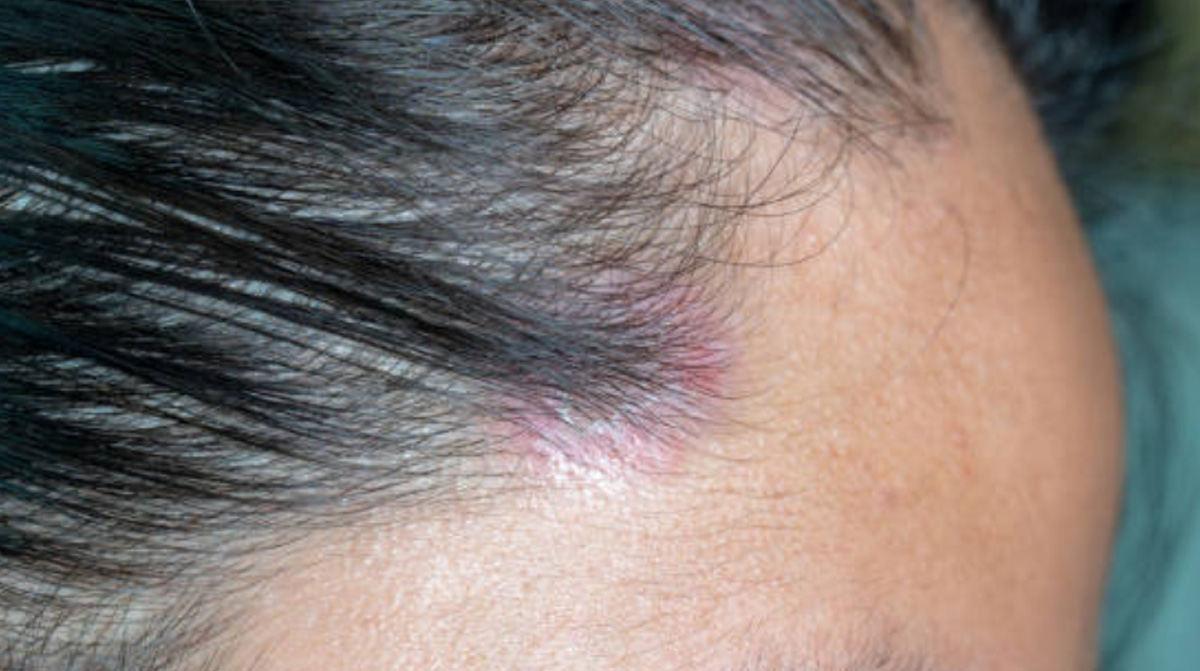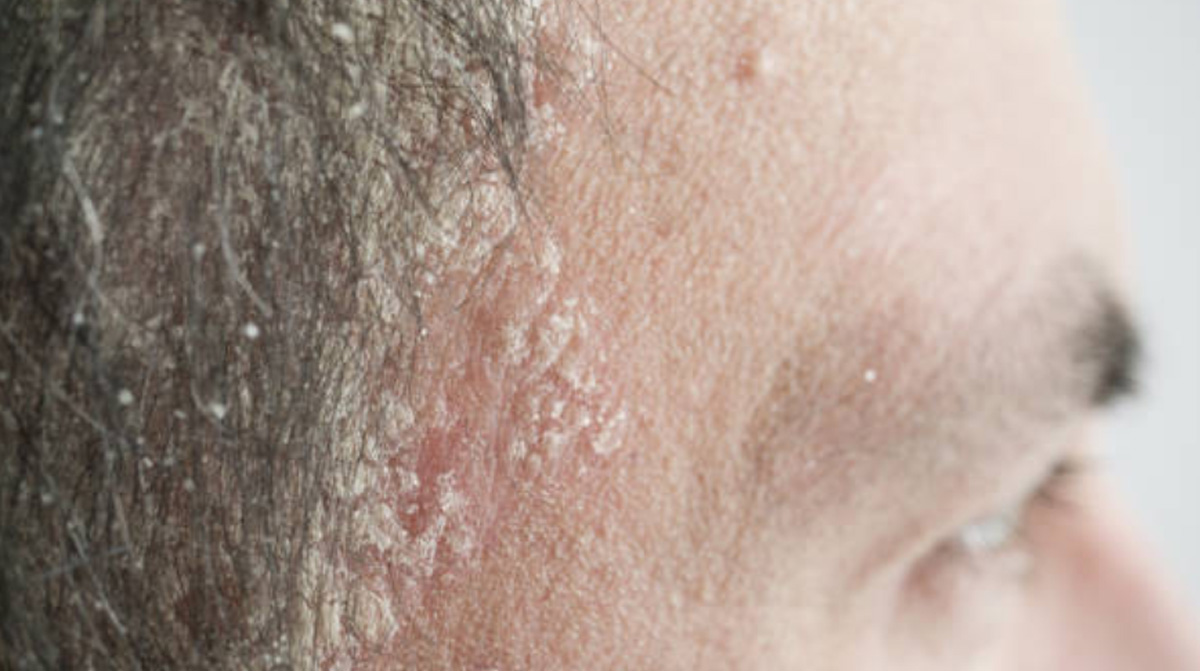Scalp psoriasis is an autoimmune disease that involves a buildup of skin cells. These cells form thick, crusty plaques on the scalp. The condition can cause itching and bleeding. It is very painful and can affect the self-esteem of the affected person.
Scalp psoriasis is manifested by an overactive immune system. When the immune system sends incorrect signals, the skin cells grow too fast and form patches of psoriasis. So when an infection occurs, the immune system mistakes healthy skin cells for foreign invaders and attacks them.
In the process, the skin cells pile up into thick, scaly patches. They build up on your skin in raised, reddened plaques.
In some cases, scalp psoriasis can affect the ears, forehead, and back of the neck. The body can have a difficult time getting rid of them.
The condition can trigger other infections, affect the joints, and change the way the heart works.
If scalp psoriasis is left untreated, it can lead to hair loss and even worse serious health complications. Leaving the condition untreated can also lead to depression, increased stress, and a decrease in quality of life.
Scalp psoriasis can be treated through a variety of methods. The first line of treatment involves topical medicines, including medicated shampoos and lotions. Prescription drugs can also be used.
Symptoms of scalp psoriasis range from mild to severe. Affected individuals may also experience pain and self-consciousness. Generally, the condition clears up after a period of time. If it persists, the affected individual should see a dermatologist.
There are various scalp psoriasis symptoms to watch out for. Knowing these symptoms could help prevent the condition from worsening. Symptoms can be triggered by stress and extreme cold or dry weather.
It could also prevent the onset of serious health conditions such as heart disease, depression, and diabetes.
Below are various critical scalp psoriasis symptoms and signs you should know about.
8. Itchy Skin
If you have psoriasis on your scalp, you may find that itching is a problem. Itching is one of the most common symptoms of the condition, and it can disrupt your sleep and quality of life.
Psoriasis is an autoimmune disease that causes itchy, scaly patches of skin. Scratching these patches can cause damage to the skin. This can lead to infection and more itchy patches. The key to preventing itching is to follow a treatment plan.
Some itching remedies include applying calamine, benzocaine, or camphor to the affected areas. Applying a moisturizer will also help reduce itchiness.
If dry, itchy skin is not treated immediately, it can worsen. It could lead to severe itching, which could be very uncomfortable.
7. Redness And Plaque

The appearance of plaques is caused by an overactive immune system. They are usually colored brown, red, purple, or gray and are covered with dead skin cells.
They can end up covering the entire scalp. They can also appear on the forehead and along the hairline. In some cases, they can appear on the skin around the ear area.
6. Scalp Flaking

Scalp psoriasis is a type of chronic skin condition that causes thick, scaly patches on the scalp. Since it is an autoimmune disorder, the immune system attacks the skin cells, making it impossible for the body to shed excess skin cells.
Hence, the appearance of dry, scaly patches is inevitable. They can also appear on the forehead, ears, and back of the neck.
5. Fissures
Plaques can form open sores, which can eventually lead to fissures. Dry, scaly patches can also become very itchy. Excessive scratching can also lead to fissures or cracks.
A fissure can be shallow or deep. Deeper fissures can lead to infections, which can get very uncomfortable. Worst-case scenario, deep fissures can get infected.
4. Bleeding
Bleeding is a common symptom of psoriasis and is caused by excessive scratching due to severe itchiness. This could lead to fissures and open sores.
Since the skin’s immune system is compromised, it produces an inflammatory response. This inflammation causes dry, red, thick plaques to form on the scalp. These plaques can eventually crack and bleed.
3. Irritation
The patches of thick, red, scaly skin brought about by scalp psoriasis can be painful, uncomfortable, and very itchy. Hence, it can cause the patient to scratch the affected areas more often.
It’s inevitable for the affected areas to eventually become irritated from too much scratching. This can eventually lead to an infection, causing more damage to the skin.
2. Hair Loss
Hair loss is one of the symptoms of scalp psoriasis. However, there are ways to prevent hair loss and minimize its effects. If you are concerned about losing your hair, talk to your doctor. He or she can prescribe medication that can help.
You should also make some changes in your lifestyle. These include quitting smoking, eating healthy foods, and managing stress. Stress can trigger psoriasis symptoms.
In some cases, a dermatologist can administer corticosteroids, which can reduce inflammation. But the medication can cause hair loss. To avoid this side effect, you may need to switch to a different medication.
(continued next page)
